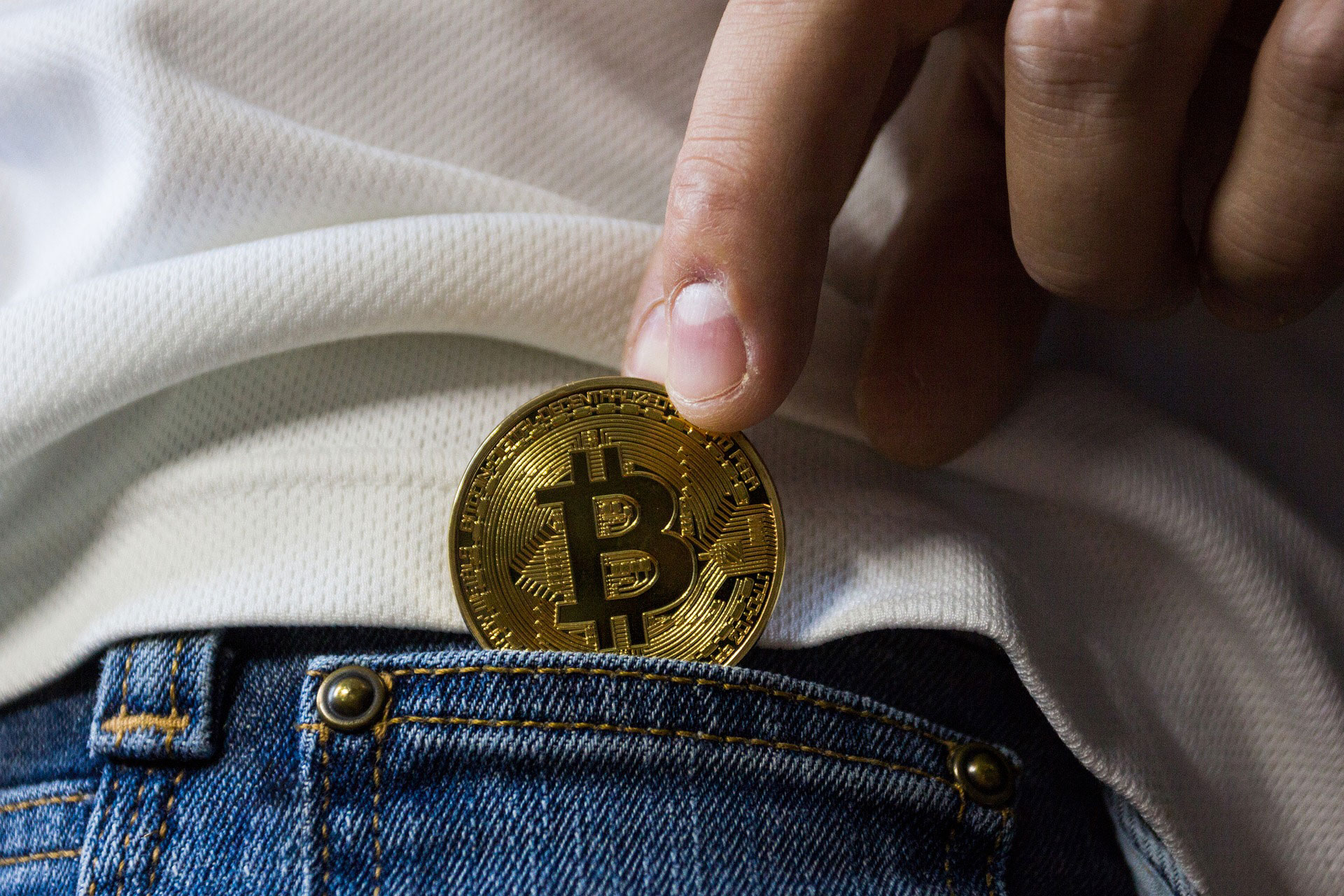Cryptocurrency is coming to gaming
Could this be the next evolution of the free-to-play model?

As the resident cryptocurrency nerd at PCG, it fell to me to try and make some sense of what all the blockchain for gaming hype is about. There were a couple of sessions today on cryptocurrency in games, with the subtext that this is a new approach to virtual world economics. I spoke with a few of the people involved, and here's what I learned.
One of the difficulties with games on an international level is figuring out how to accept payments from all the various currencies. Platforms like Steam handle most of that for the developers, but what happens if you want to build in ways for players to perform trades with each other—and specifically, trades that have some real financial value? Player one in the US wants to receive dollars, not Euros or Pounds or Yen. Player two in the UK wants to pay in Pounds, not Rubles or Pesos or Won. What if you could facilitate all transactions with a third currency? That's where cryptocurrencies come into the picture.
It's not just about trades and transactions, though. Another purpose for using cryptocurrencies built into a game—or a game engine—would be to potentially acquire more players. The difficulties of getting your game noticed in the Steam marketplace might be alleviated by paying people to play your game. It's the next step in free-to-play: get paid to play! You can even create contracts so that players don't just need to install a game, but they need to accomplish certain goals: play for a certain amount of time, reach a certain level, or find some special item. You could incentivize people to keep playing. Obviously there still needs to be a way to monetize things beyond that, but whatever. (Yeah, that's a big whatever.)
It's no simple matter to integrate the blockchain technologies into a game, and it needs to be done in a way that actually makes sense—in the game as well as in the real world of money. On some level, developers as well as players would need to get up to speed on how to acquire, trade, and spend cryptocurrencies. I'm very skeptical of whether most gamers even want to learn those skills.
I have a bigger concern, however. Even if we can get the base infrastructure in place, what would we do with it that we can't do with normal fiat currencies? (That's how the crypto world refers to USD, GBP, EUR, AUD, CAD, etc.) If there are large financial transactions of any form taking place, or a large number of small transactions, you can bet the regulatory agencies for the governments of the world will want to be involved. That takes us back to square one, and possibly even worse.
But for better or worse, multiple companies are working to integrate blockchain technologies into the gaming world. We've already talked about CryCash, Mego Games is another, and I'm sure more will spring up in the coming months. Because blockchain is a hot buzzword. With any luck, the new cryptocurrencies will face the same problem as games on Steam of getting noticed among the crowd. At least most of the coins I've heard about won't be mineable, meaning no one is using GPUs that could otherwise be put to better use rendering games.
Keep up to date with the most important stories and the best deals, as picked by the PC Gamer team.
Jarred's love of computers dates back to the dark ages when his dad brought home a DOS 2.3 PC and he left his C-64 behind. He eventually built his first custom PC in 1990 with a 286 12MHz, only to discover it was already woefully outdated when Wing Commander was released a few months later. He holds a BS in Computer Science from Brigham Young University and has been working as a tech journalist since 2004, writing for AnandTech, Maximum PC, and PC Gamer. From the first S3 Virge '3D decelerators' to today's GPUs, Jarred keeps up with all the latest graphics trends and is the one to ask about game performance.


